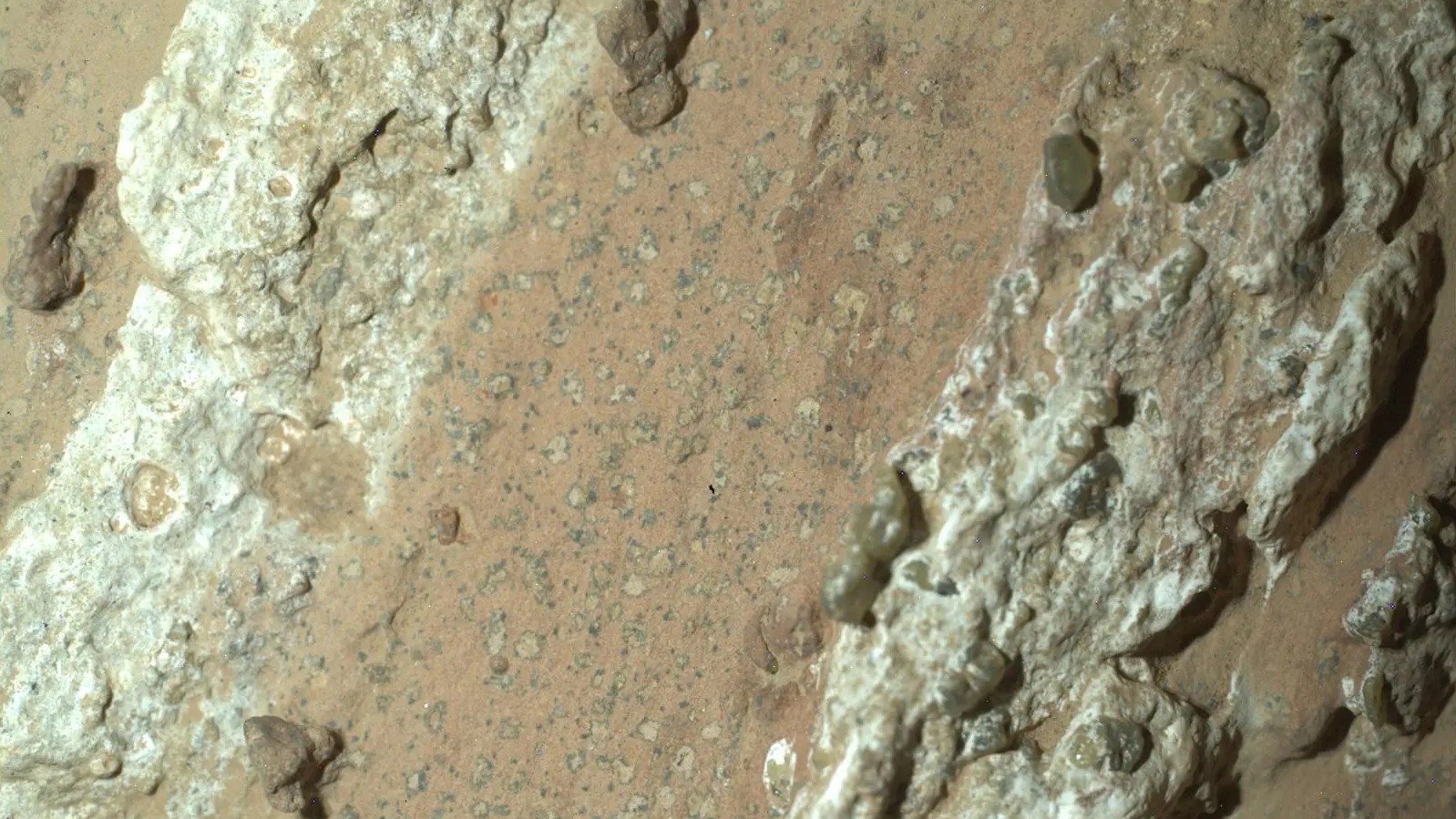NASA fully restores contact with Voyager 2 spacecraft


A free daily email with the biggest news stories of the day – and the best features from TheWeek.com
You are now subscribed
Your newsletter sign-up was successful
NASA said Friday that it had fully restored communications with the Voyager 2 deep spacecraft, weeks after a mistaken command from flight controllers accidentally caused the probe to go dark.
Voyager 2 lost communications with NASA two weeks ago after a wrong command titled its antenna away from Earth. After a series of attempts, NASA finally got communications running again after the agency's Deep Space Network "sent the equivalent of an interstellar 'shout'...instructing the spacecraft to reorient itself and turn its antenna back to Earth," NASA's Jet Propulsion Laboratory (JPL) said.
Early Friday morning, the vessel "began returning science and telemetry data, indicating it is operating normally and that it remains on its expected trajectory," the JPL added.
The Week
Escape your echo chamber. Get the facts behind the news, plus analysis from multiple perspectives.

Sign up for The Week's Free Newsletters
From our morning news briefing to a weekly Good News Newsletter, get the best of The Week delivered directly to your inbox.
From our morning news briefing to a weekly Good News Newsletter, get the best of The Week delivered directly to your inbox.
The re-establishment of communications is likely to be a relief for NASA. While it did pick up a faint "heartbeat signal" from Voyager 2 earlier this week, agency officials worried that communications wouldn't be fully restored until this October, when the probe was scheduled to automatically reorient itself back to Earth. Given that this would be another two months to wait, NASA tried "sending up commands several times," JPL project manager Suzanne Dodd told The Associated Press. The last-ditch effort from the Deep Space Network has now appeared to pay off.
Launched in 1977 to explore the depths of space, Voyager 2 is currently about 12.4 billion miles from Earth, according to Space.com (which is owned by The Week's parent company, Future plc). The only manmade object that is further away from Earth is the craft's twin, Voyager 1, which was launched a few weeks later and is currently 15 billion miles from Earth.
Voyager 2 entered interstellar space — the space between stars — in December 2018. Voyager 1 did so in 2012, becoming the first manmade object to leave the solar system.
A free daily email with the biggest news stories of the day – and the best features from TheWeek.com
Justin Klawans has worked as a staff writer at The Week since 2022. He began his career covering local news before joining Newsweek as a breaking news reporter, where he wrote about politics, national and global affairs, business, crime, sports, film, television and other news. Justin has also freelanced for outlets including Collider and United Press International.
-
 Antonia Romeo and Whitehall’s women problem
Antonia Romeo and Whitehall’s women problemThe Explainer Before her appointment as cabinet secretary, commentators said hostile briefings and vetting concerns were evidence of ‘sexist, misogynistic culture’ in No. 10
-
 Local elections 2026: where are they and who is expected to win?
Local elections 2026: where are they and who is expected to win?The Explainer Labour is braced for heavy losses and U-turn on postponing some council elections hasn’t helped the party’s prospects
-
 6 of the world’s most accessible destinations
6 of the world’s most accessible destinationsThe Week Recommends Experience all of Berlin, Singapore and Sydney
-
 NASA’s lunar rocket is surrounded by safety concerns
NASA’s lunar rocket is surrounded by safety concernsThe Explainer The agency hopes to launch a new mission to the moon in the coming months
-
 5 recent breakthroughs in biology
5 recent breakthroughs in biologyIn depth From ancient bacteria, to modern cures, to future research
-
 Blue Origin launches Mars probes in NASA debut
Blue Origin launches Mars probes in NASA debutSpeed Read The New Glenn rocket is carrying small twin spacecraft toward Mars as part of NASA’s Escapade mission
-
 Dinosaurs were thriving before asteroid, study finds
Dinosaurs were thriving before asteroid, study findsSpeed Read The dinosaurs would not have gone extinct if not for the asteroid
-
 Africa could become the next frontier for space programs
Africa could become the next frontier for space programsThe Explainer China and the US are both working on space applications for Africa
-
 NASA reveals ‘clearest sign of life’ on Mars yet
NASA reveals ‘clearest sign of life’ on Mars yetSpeed Read The evidence came in the form of a rock sample collected on the planet
-
 SpaceX breaks Starship losing streak in 10th test
SpaceX breaks Starship losing streak in 10th testspeed read The Starship rocket's test flight was largely successful, deploying eight dummy satellites during its hour in space
-
 Rabbits with 'horns' sighted across Colorado
Rabbits with 'horns' sighted across Coloradospeed read These creatures are infected with the 'mostly harmless' Shope papilloma virus
